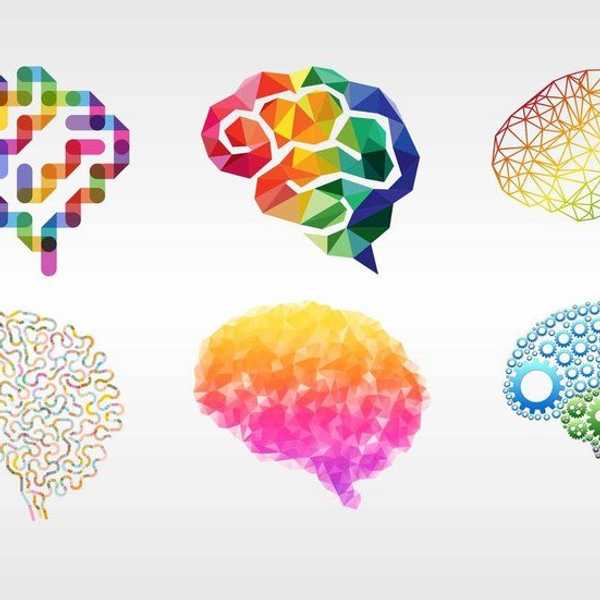Cross-Cultural research has significantly furthered the understanding of concepts that deal with self and intelligence as it relates to the intertwining of cultures all across the globe. This understanding continues to evolve as these researchers work towards the common goal of psychology as a science. In Japan the development of psychology has posed on the opposite side of the spectrum of psychological development that has been ideal in most western countries. This difference persisted since the mid-nineteenth century and the opening of the country after its long feudal period (Bosc, 2010). The emphasis of psychology in this country is generated towards the idea of the heart. Unlike western countries where the study of psychology is based on the soul, the heart or mind is what Japanese psychologists view as the focus point in their studies. This has always been the way academic psychology treated the mind (Ashitaka & Shimada, 2014).
The emergence of experimental psychology in Japan started in the late 19th and early 20th century. This development begun mainly through exchange with the U.S. Dozens of Japanese students started studying psychology in the U.S without the authorization of the government of Japan. These students then returned to Japan and opened the first laboratories of experimental psychology in the country. One of the most influential figures in this movement was Yujiro Motora who studied from 1864 to 1873 and obtained his doctorate degree at Boston University and the Johns Hopkins University. His laboratory which is located at Tokyo Imperial University has become one of the main research centres in psychology of Japan (Bosc, 2010). The laboratory that Motora designed included some of the most innovative psychological laboratory spaces ever imagined in Japan. Among these spaces included a Heliostat, Dark, Vision, Silent, Sound, Battery and Lecture Room. There also were Time rooms, a library, workshop and professor’s office. It was clear that Motora had plans to advance the study of psychology in Japan.
After several years of advancement in experimental psychology, the types of experiments that were executed became more sophisticated. Experiments that focused on the relationships between emotions, blood pressure and respiration using pneumograph and a plethysmograph occurred. More experiments on the relationship between emotions and fatigue of grasping power using a dynamometer also arose with the development of newer technologies dedicated to psychological research. Despite the advantages that Japan had been gaining with the newly growing practice of psychology, some of its citizens were not pleased with the work that was being performed. This disapproval was evident during the era of psychological associations and the dissemination of psychology in Japan. This disapproval for most non-academic possessing individuals stem from cultural differences. They have proven to create difficulties in introducing psychology to university students in Japan in the introductory psychology lectures. This is simply because these students possess a culturally specific understanding of psychology that differs from that of academic psychology (Ashitaka & Shimada, 2014).
Many of the psychological associations in Japan have encountered various problems and many have disappeared from main stream society. According to Bosc, the only association that remains visible and active is the Japanese Psychological Association which was created in 1927 under the leadership of Matataro Matsumoto. Matsumoto was a student of Motora and this fact demonstrates the lasting impact that Motora had on the development of Psychology in Japan. A product of his work continue to invent and create lasting change around the discipline of psychology. The Japanese Psychological Association initially concentrated on six areas: general psychology, educational psychology, industrial psychology, law psychology, military psychology and clinical psychology.
Years after the development of the Japanese Psychological Association, the psychologists begun to focus more on the development of a curriculum that focused on introducing clinical psychology and counseling. It was not until the early 1990s that this strong demand surfaced. It was clear that Japan was still staggering behind the United States who had begun this form of psychology about four decades prior to this time. Counseling was introduced through American teachings in academia and university environments. Although it was not easily received, it could have been a lot better if more professionals assisted in the process and if the theories applied to the Japanese culture. It was hard for Japanese people to determine the true meaning of counseling. In 2004, the first draft to better define the term was coined: a scientific function conducted through a human relationship in which the client is fully respected by the counsellor (Bosc, 2010). The Japanese Association of Counseling decided that this practice would perform three major objective that included promoting human development, preventing problems and helping solve practical problems.
Over the years, psychology as a practice in Japan has gain more creditability but continues to find its place in the country. It has, over the past century, made great strides in becoming a well-respected discipline by those that still find flaws in it application. Japan displays a bigger concern for the dramatic social changes that psychology has caused its nation versus the influence that it could have on the well-being of each individual person. Psychodynamics, for example, didn’t succeed to be truly accepted in Japan and the concepts that Freud introduced in America was also popularly rejected. The American influence in the country definitely has a lot to do with the progress that is being made in the area of psychology. Once the citizens of the country recognize the true power of psychology and have it translated to theories that most closes mirrors their culture they will find it easier to accept this effective discipline.





















